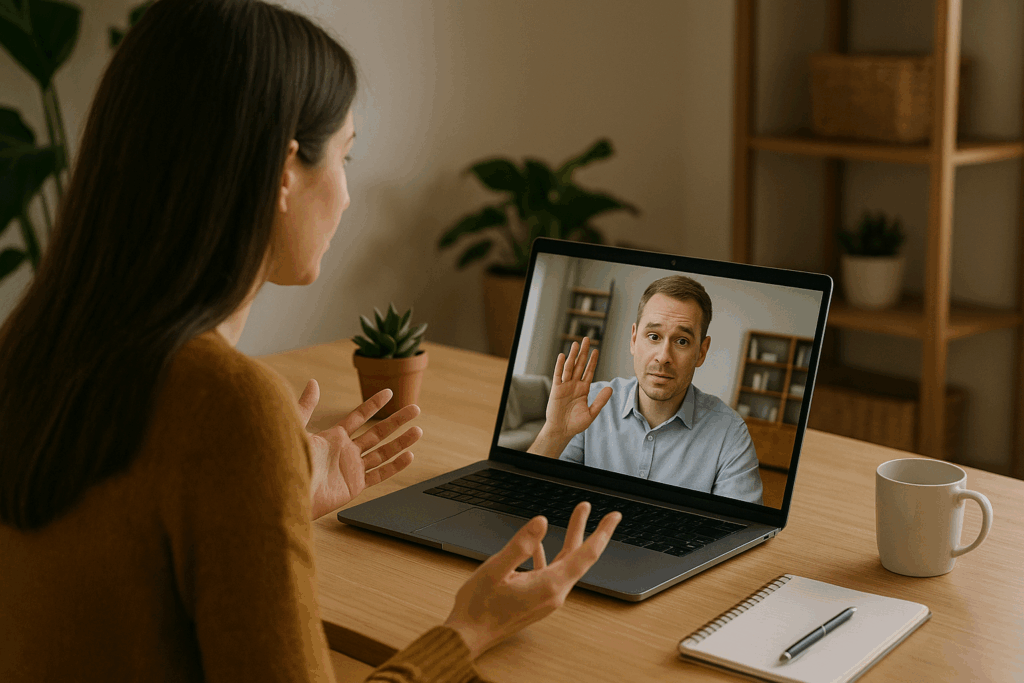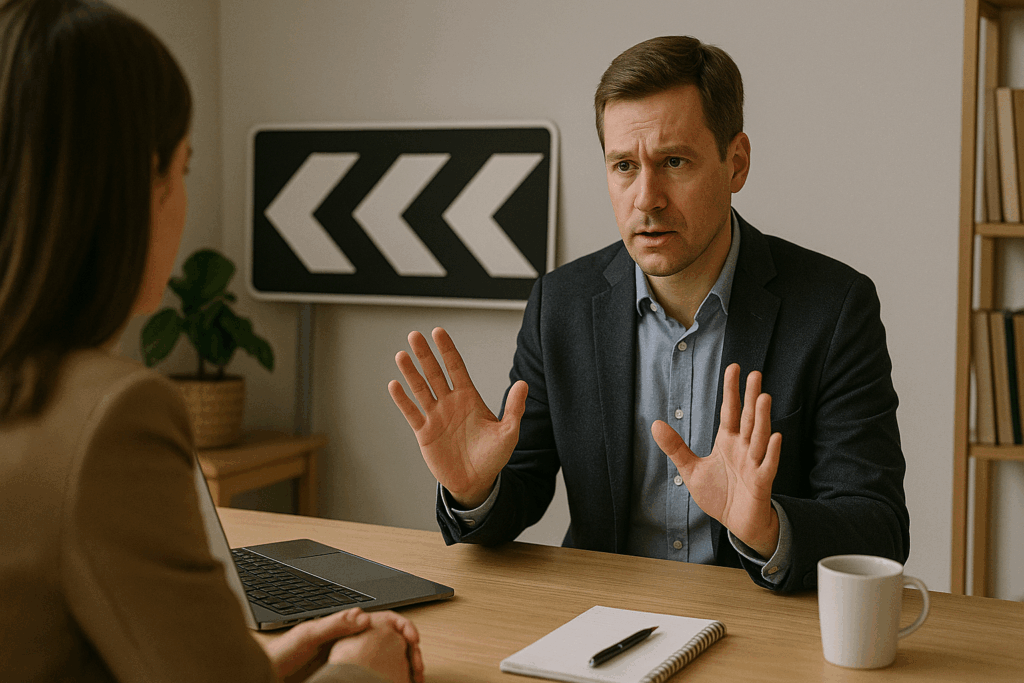The business of relaxation has been around for a long, long time, but over the last several years there’s been a massive shift in the landscape. Commercials on TV promoting apps that help reduce stress, radio advertisements touting nature sounds to calm drivers heading to and from work, promotions for outdoor travel and vacation get-aways either in person or virtually, and on and on. With so many options available, whether it’s for five minutes or five days, figuring out what works for you is invaluable, since not everyone relaxes the same way.
Travel and destination companies having used this idea to promote products and places for decades. They’re well aware of how images and sounds affect your brain, purposely increasing your levels of serotonin, prolactin, and oxytocin while simultaneously decreasing the stress hormone cortisol, making your brain more prone to deciding to use their services. And now, developers have mirrored this neuroscience, except instead of spending time and thousands of dollars to travel, for a few dollars a month they’re offering it instantly on your device of choice.
Now, it’s interesting to know the monetary value of relaxation and what its demand is in our market. To give perspective, the Mindfulness Meditation App market is growing from $270 Million in 2020 to a projected $4.2 Billion by 2027 according to Researchandmarket.com. So evidently, it’s worth a lot, but what fascinated me the most about this top isn’t the revenue potential for it, but the differences in what people consider relaxing.
Some individuals use mediation and yoga to enter a deep state of relaxation while others find this type of activity stressful. Entering that level of silence and reflection triggers some individuals, making them anxious to even try. Another example of varying relaxation techniques is public performance. There are thespians out there that say being present in front of a huge crowd is when they are most at ease, while others would rather be chased by a tiger than set foot out on that stage.
Ongoing research continues to find that relaxation is not a one size fits all kind of situation. That being said, discovering what works is vital in helping you maintain a healthy mental state. Here are a few suggestions of some of the more universal relaxation strategies.
- Play with or pet a dog
- Get a massage
- Leave the urban jungle and go for a walk around trees and water. Preferably somewhere that provides natural sounds like birds chirping, leaves rustling, or water running.
- Any form of exercise
- Read a good book
- Watch a quality movie or TV show
- Spend time with friends or family
- Visualization or Meditation
- Take a nap
- Learn deep breathing techniques
Let’s try one together, so we’ll focus on deep breathing techniques. When you consciously control your breathing by inhaling through your nostrils (this is key), you send a message to your brain that all is calm, reducing your heart rate. The biological reason for this is that your brain recognizes that if you are in a fight or flight moment, you would intake air through your mouth, not your nose. This triggers a cascade of neurotransmitters, allowing a higher level of calm and permitting your body to respond accordingly. This nice thing about this technique is that you can practice this anytime, anywhere. Simply close your eyes, inhale deeply through your nose for a count of four, hold it for a count of seven, and then exhale slowly through your mouth for a count of eight. Do this for a few cycles, and you’ll notice a marked difference in your stress levels.
If that doesn’t fit your style or work well for you, no problem. We are all different when it comes to relaxing, there is no right or wrong answer to how you should attempt it. What’s vital is that you do attempt it! When you find that one activity that lets you slow down, your mental, emotional and physiological game will vastly improve. Take time each day exercise the method that works best and I guarantee that it will not only do you good, but it will be good for those around you as well. So, whether it’s an app or a nap, do it.
Here at Braintrust, we enjoy learning all aspects of neuroscience and helping individuals and teams communicate with more purpose, power, and impact. If you’d like to learn more, visit www.braintrustgrowth.com/contact





